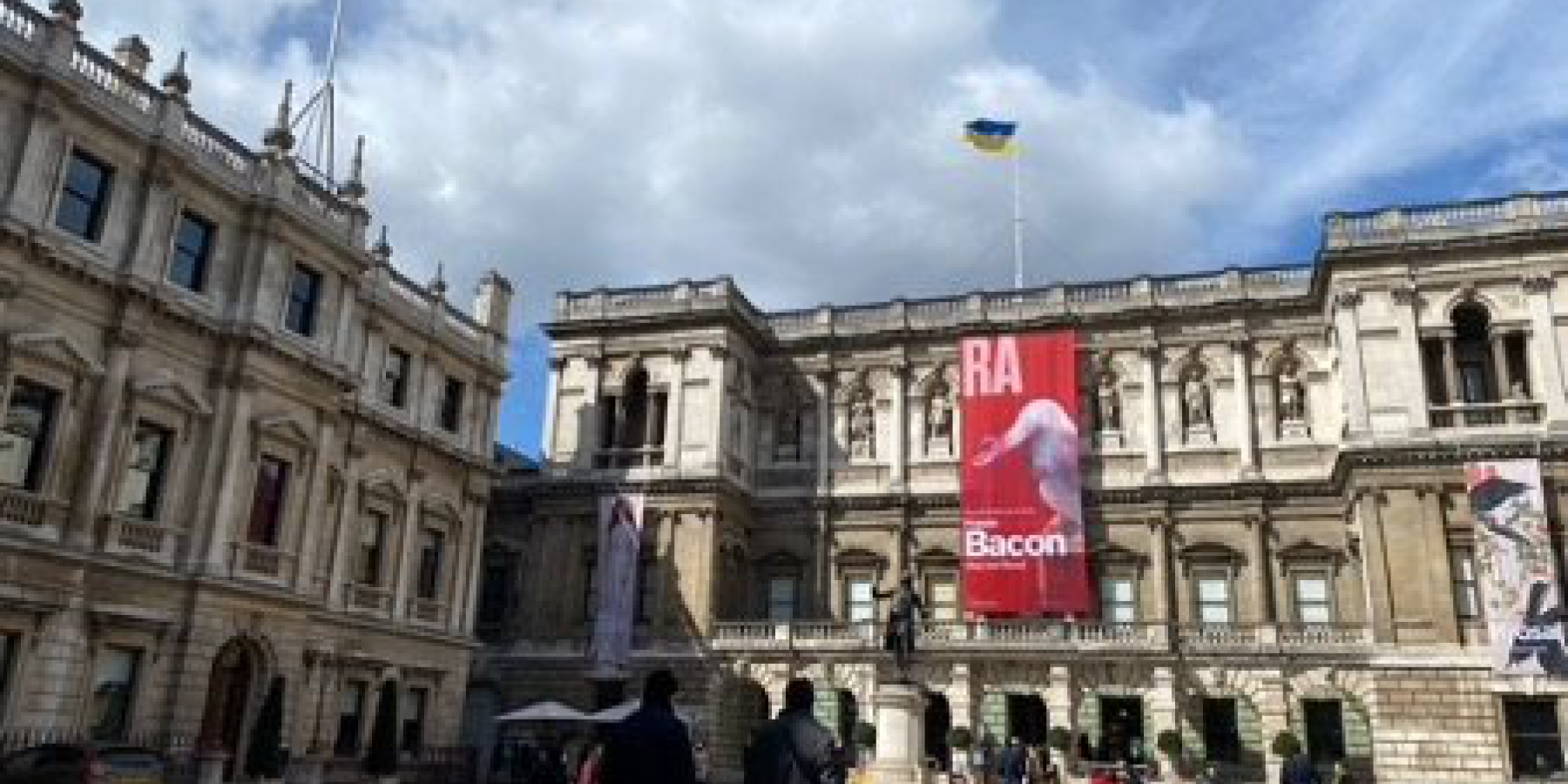Support
I had the amazing opportunity to travel to Copenhagen, Rome and London in order to pursue my
interest in fashion during my semester abroad in Spring 2022. I have always been interested in
fashion, trend forecasting, fashion history and the textile industry in general. However, as a Global
Studies major, I also learned how important fashion can be as a tool of self-expression for
marginalized peoples and thus, how it can also be a means of decolonisation. Coming from Pakistan,
a former British colony, I am highly interested in how the postcolony shapes itself after and in
retaliation to the coloniser. This is also seen in the way people dress themselves. However, there is
also a great degree of cultural appropriation within the fashion industry where ‘street style’ that was
created by marginalised communities is now being co-opted and whitewashed by mainstream
fashion brands without giving necessary credits to the communities that were the pioneers of those
trends. In essence, I wanted to know why people are wearing what they are wearing. My research
focused on the question: How has the recent incorporation of street fashion into mainstream
fashion changed the original symbolic meaning behind street fashion?
A major obstacle that I faced in my research is the insidious nature of fashion trends, something
that has been greatly exacerbated with online platforms such as Pinterest, Instagram and most
recently, TikTok. In all three places, many of the people I had talked to did not really have an answer
to why they dressed the way they dressed. Many of the people told me that they had simply seen
something on an influencer/ celebrity, and they wanted to wear it as well. However, I was able to
catagorise answers based on gender, occupation, age and the location I was in each city. I noticed
that in areas of each city that was inhabited by mostly young people, the people I observed were
more experimental with their clothing as compared to more working-class areas, business hubs in
the city, and areas with an older population. Moreover, womxn (in general) that I spoke with were
more deliberate in the way that they dressed as compared to men. Fashion students that I spoke
with were the most conscious of how they dressed and gave me great insight into how fashion
marketing and trend prediction correlates with street style. They were optimistic that, despite the
issue of lack of representation and cultural appropriation, the fashion industry, due to changing
consumer tastes and a younger demographic of consumers, was on its way to becoming inclusive of
all voices.


